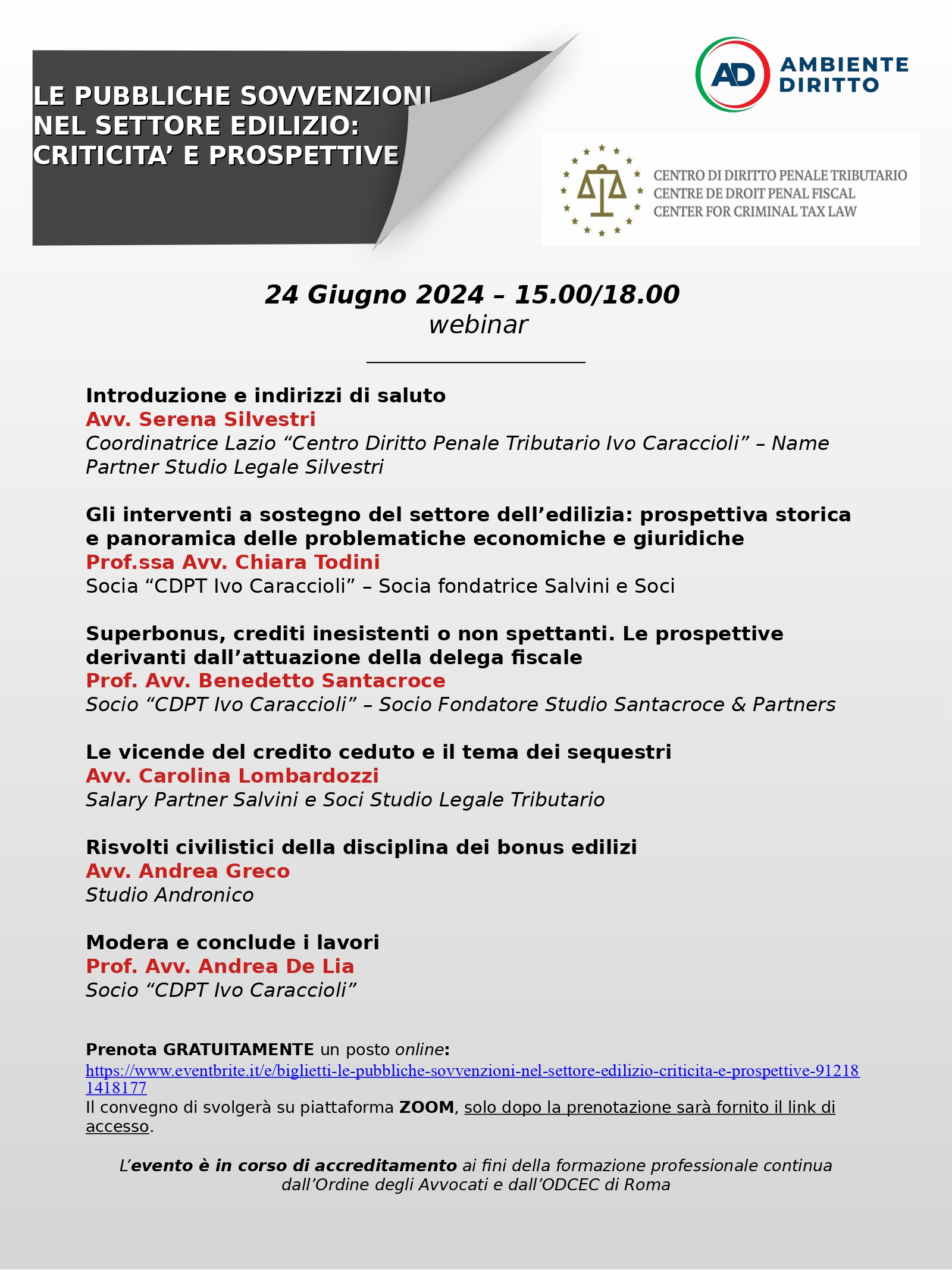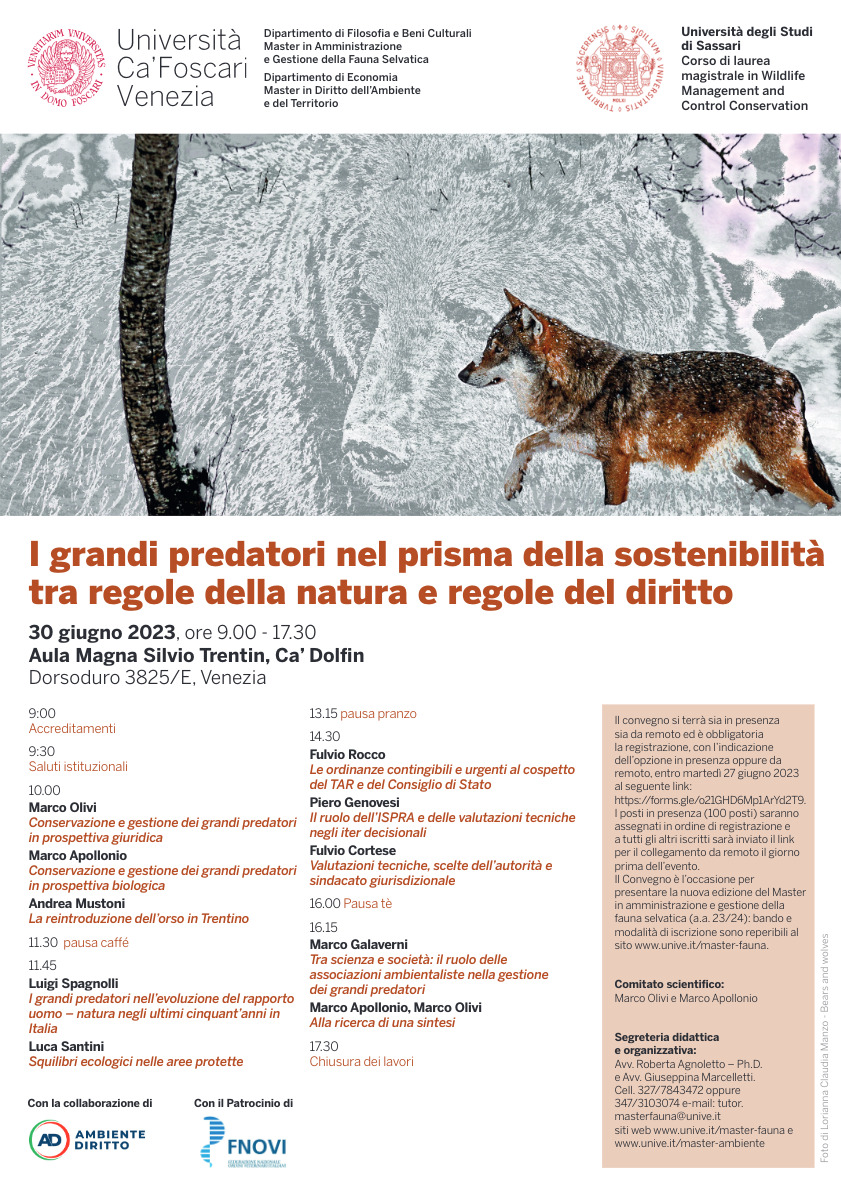______________ AMBIENTEDIRITTO ______________
THE INTER-CONSTITUTIONAL RIGHT-DUTY TO A STABLE CLIMATE. SCIENTIFIC EVIDENCE AND CONSTITUTIONAL PROBLEMS AT STAKE
Franco Sicuro
Abstract: La tecnica dell’interpretazione “intercostituzionale” sembra in grado di costruire un diritto-dovere al clima stabile e sicuro, così da indurre le Assemblee legislative ad occuparsi, con dovizia ed effettività, delle possibili soluzioni normative per fronteggiare il cambiamento climatico antropogenico. L’“intercostituzionalità”, infatti, come si vedrà intesa quale attività ermeneutica tesa ad integrare i principi e le regole costituzionali presenti nelle Carte fondamentali diffuse a livello sovra- ed internazionale, sembra vivere fisiologicamente nell’attività interpretativa delle Corti piuttosto che nella concreta integrazione tra Carte costituzionali materiali. Ciò appare tanto più vero quando si ragiona di giustizia climatica, anche a causa dell’estrema rarefazione dei riferimenti al clima nelle Costituzioni degli Stati. Di talché, giudici comuni e costituzionali sembrano essere i principali soggetti istituzionali in grado di soddisfare, caso per caso (ma non senza capacità prospettica), le incessanti istanze di giustizia provenienti dalla realtà sociale, sempre più radicate nelle recenti acquisizioni scientifiche. Di fronte a questioni globali come il cambiamento climatico, quando in discussione sono i diritti fondamentali, non sembra si possa ignorare il prodotto dell’interpretazione derivante dal dialogo tra le Corti nazionali e sovranazionali, chiamate ad adeguare il dato scientifico ai concreti risvolti della realtà normativa.
Abstract: The inter-constitutional interpretation technique seems able to build a right-duty to a healthy and liveable climate to order the national legislature to significantly tighten up the current climate law provisions. Indeed, inter-constitutionality seems to physiologically live within the interpretative activity of the Courts rather than in the concrete integration between material constitutional Charters. This appears even more convincing when addressing climate justice because of the extreme limitation of references to the climate in the State Constitutions. Therefore, ordinary, and constitutional judges seem to be the main actors able to satisfy, case by case, the incessant instances of justice coming from the social reality rooted in the latest scientific findings. Well then, facing global issues such as climate change, one cannot ignore, when discussing fundamental rights, their interpretation offered by the supra and international Courts, as well as the courts of any degree of each State.
SUMMARY: 1. Introductory notes – 2. Climate justice, between technique and democracy – 3. Climate justice and its global spread – 3.1 In Europe: from the Urgenda case to the Neubauer case – 3.2. In the U.S.A.: from the Juliana et al. v. Us. case to Held v. State of Montana case – 3.3. In the Latin American constitutionalism: the Generationes Futuras v. Minambiente case – 4. Climate justice and the inter-constitutional interpretative technique – 5. The Courts and the protection of future generations in the climate lawsuit – 6. Towards an inter-constitutional right-duty to a stable, safe climate?
Scarica allegato





 AMBIENTEDIRITTO.IT EDITORE
AMBIENTEDIRITTO.IT EDITORE